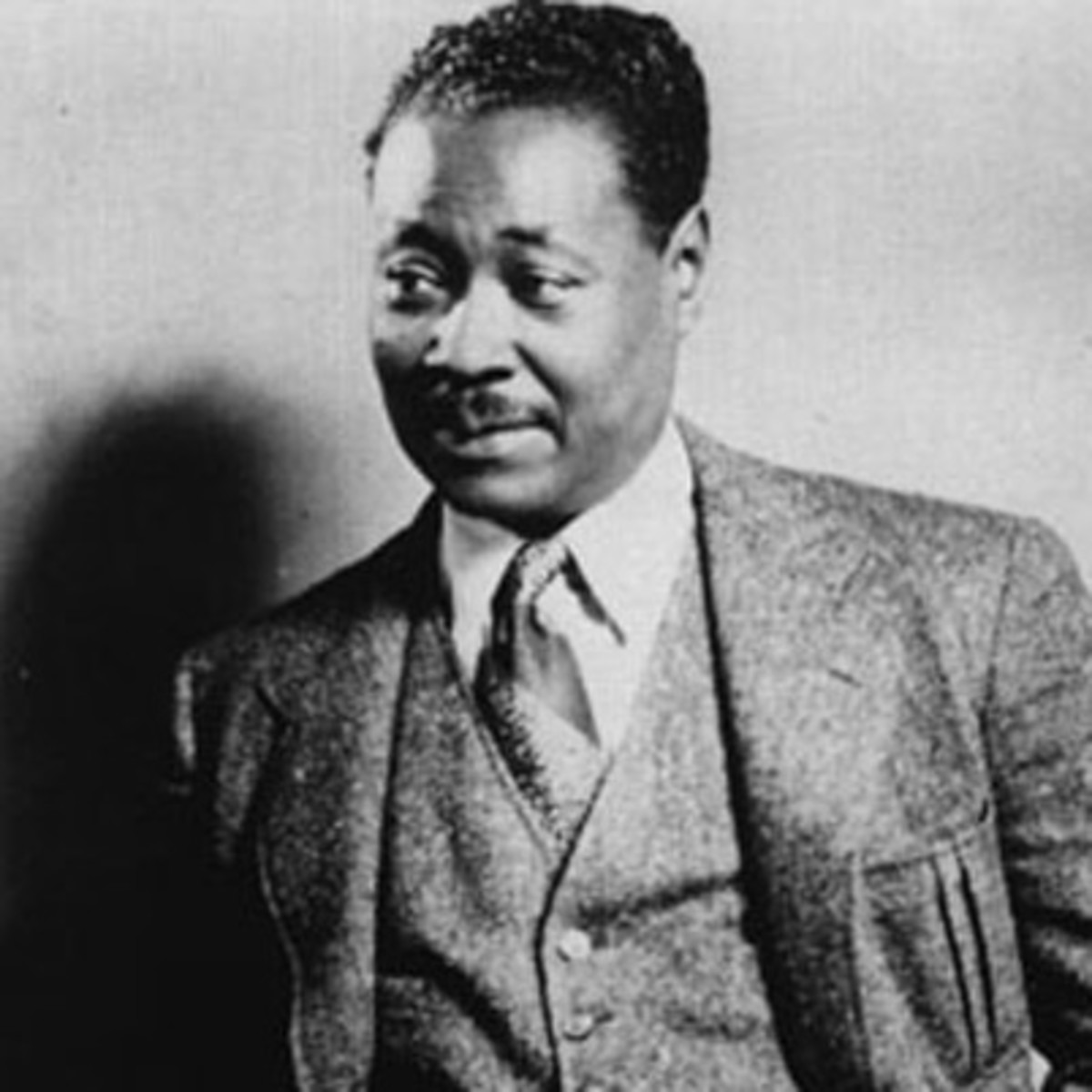Oh when I think of my long-suffering race,
For weary centuries despised, oppressed,
Enslaved and lynched, denied a human place
In the great life line of the Christian West;
And in the Black Land disinherited,
Robbed in the ancient country of its birth,
My heart grows sick with hate, becomes as lead,
For this my race that has no home on earth.
Then from the dark depths of my soul I cry
To the avenging angel to consume
The white man's world of wonders utterly:
Let it be swallowed up in earth's vast womb,
Or upward roll as sacrificial smoke
To liberate my people from its yoke!
Published:
1922
Length:
Shorty
Literary Movements:
Harlem Renaissance
Anthology Years:
2023
Themes:
Racial Injustice
Strength & Resilience
Literary Devices:
Personification
the attribution of human qualities to a non-human thing
Simile
a comparison between two unlike things using the words “like” or “as”

